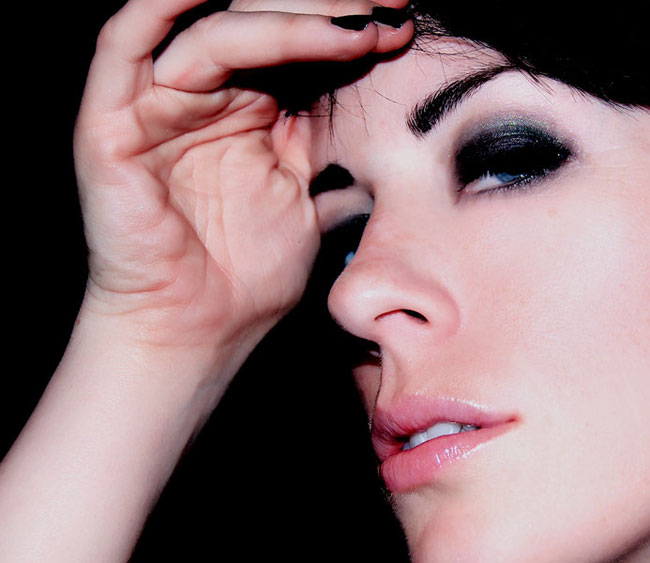Single Women Still Feel Spinster Stigma, Study Finds

Get the world’s most fascinating discoveries delivered straight to your inbox.
You are now subscribed
Your newsletter sign-up was successful
Want to add more newsletters?
Join the club
Get full access to premium articles, exclusive features and a growing list of member rewards.
Though more and more women are staying single or waiting to marry these days, the stigma against "spinsters" hasn’t lessened, a new survey found.
About 40 percent of adults were single in 2009, according to the U.S. Census Bureau. Researchers interviewed 32 of these middle-class, never-married women over age 30. They found that these women perceive themselves as caught in a double bind: Their single status made them both highly visible and invisible.
"We found that never-married women's social environments are characterized by pressure to conform to the conventional life pathway," said Larry Ganong, co-chair of Human Development and Family at the University of Missouri. "Heightened visibility came from feelings of exposure, and invisibility came from assumptions made by others."
For example, the study subjects said they felt more visible in situations such as bouquet tosses at weddings, which prompted unwanted, intrusive questions about the their marriage status. Yet the respondents also felt invisible in society, with others assuming they were married and had children, and ignoring the reality of single women. The subjects often felt people expected them to justify or explain their singlehood.
The women also reported other difficulties tied to their social status:
· Awareness of shifting realities as they become older, such as the shrinking pool of eligible men;
· Reminders that they are on different life paths than most women when others inquire about their single status;
Get the world’s most fascinating discoveries delivered straight to your inbox.
· Feelings of insecurity and displacement in their families when parents and siblings remark about their singlehood and make jokes or rude comments.
While one might think these annoyances become worse with age, the researchers actually found that dealing with single stigma is the worst for women in their mid-20's through mid-30's, while women older than age 35 tend to be more content with being single and don't express as much dissatisfaction as do younger women.
Before age 25, being single is considered more acceptable for women, the study indicates, but after reaching that age, women felt scrutinized by friends, family members and others for their singlehood.
"Mainstream media also enforce these ideas," Ganong said. "For example, shows like 'Sex and the City,' which portray female protagonists who are hyper-focused on finding men, and end with the majority of those characters getting married, are popular."
Ganong and his co-researcher Elizabeth Sharp of Texas Tech University will detail their findings in an upcoming issue of the Journal of Family Issues.
- Single Women Look Longer at Men
- 10 Surprising Sex Statistics
- The Science of Sex
 Live Science Plus
Live Science Plus











